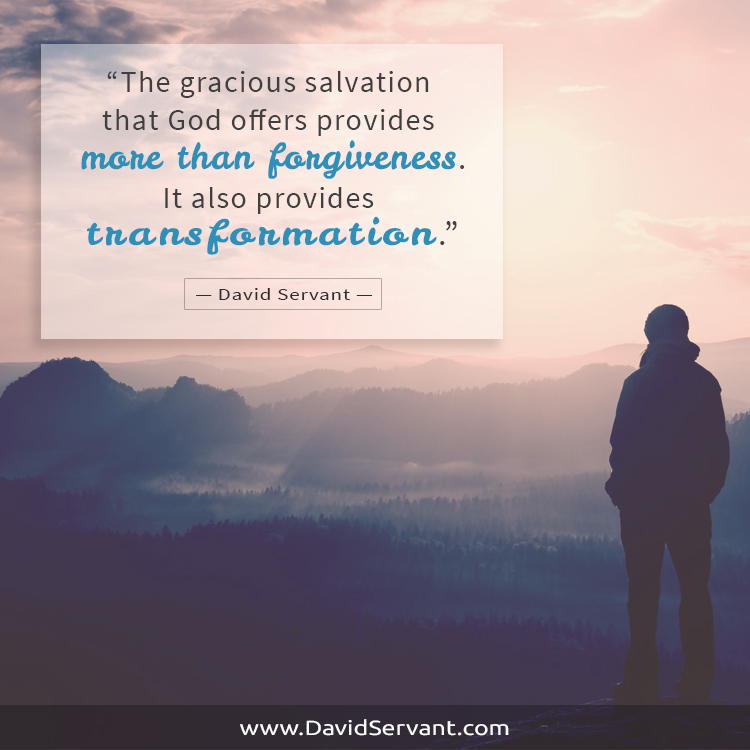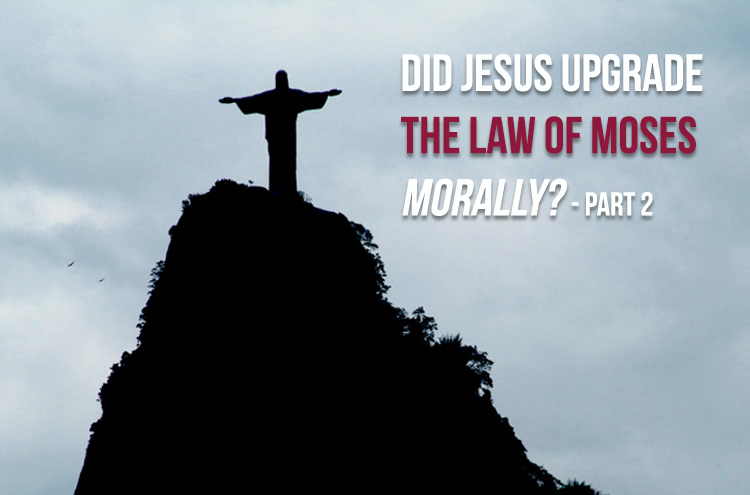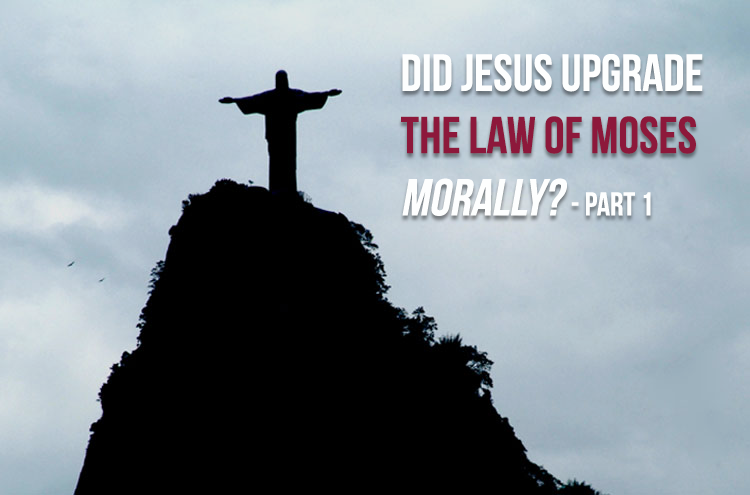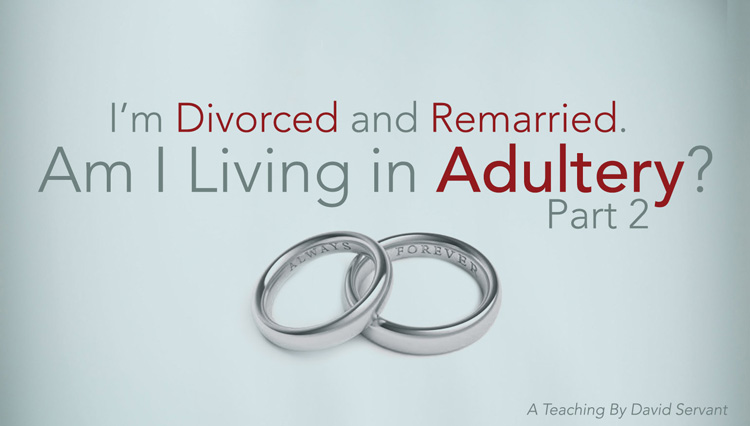Did Jesus Christ upgrade the Law of Moses? We’ve been asking that question on the previous two Little Lessons. We’re going to ask it one more time today. I can’t review too much, but the law to love your neighbor as yourself is an Old and New Covenant Law, and it’s the highest moral law that relates to how we treat each other.
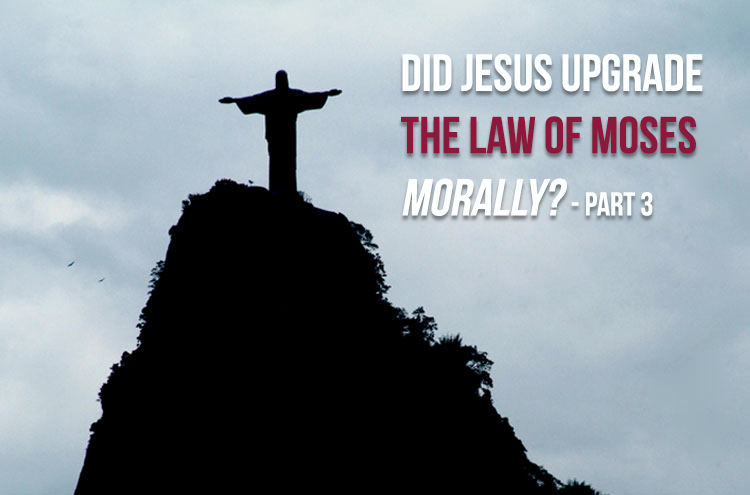
We find that in Jesus’ “You have heard it was said, but I say to you” statements, He doesn’t always accurately cite the Old Covenant Law as people claim. He often quotes the Pharisees and their twisted teaching that’s based on the Law of Moses.

